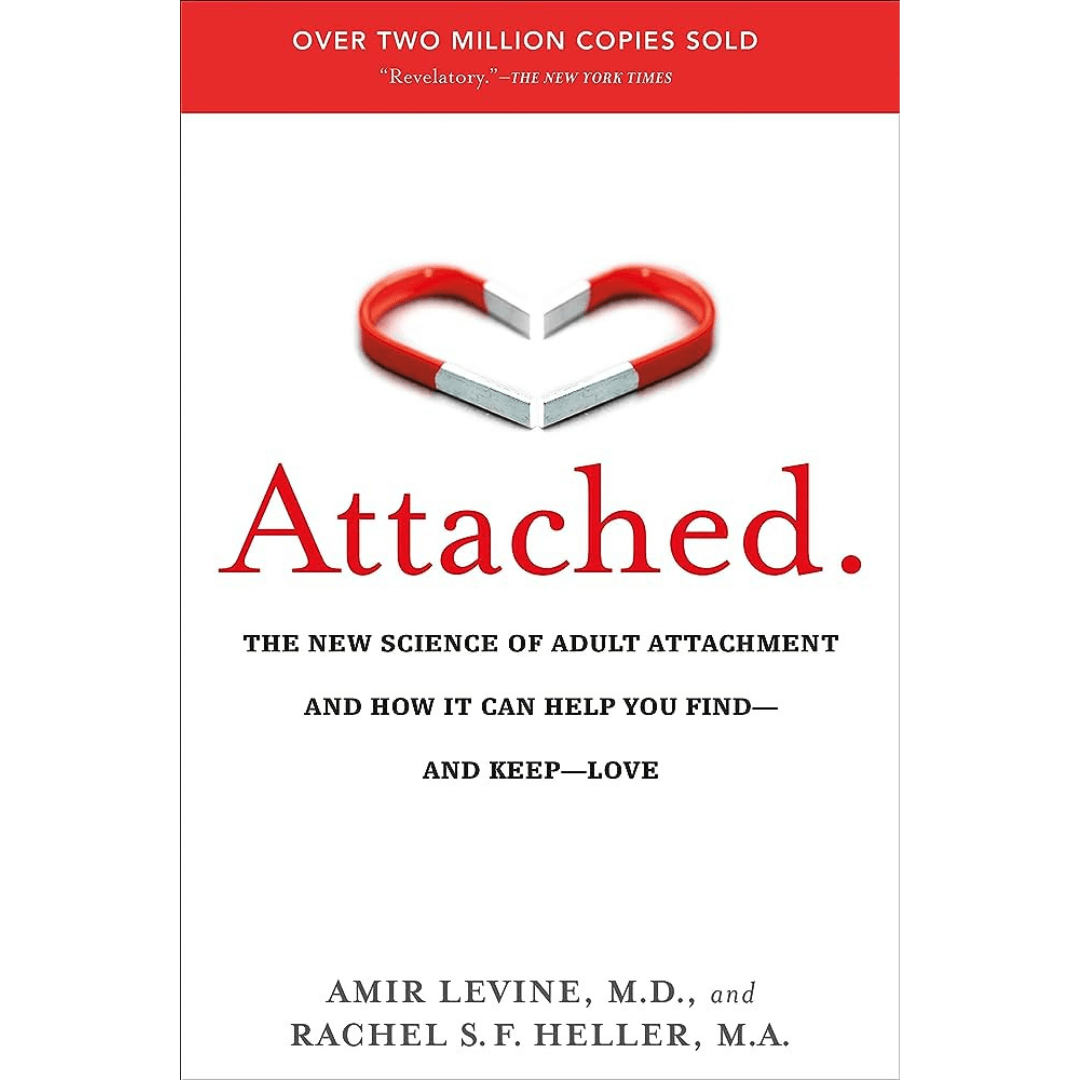Book Summary of Attached

Attached: Book Summary - Understanding Adult Attachment and Love Dynamics
In “Attached: The New Science of Adult Attachment and How It Can Help You Find – and Keep – Love,” authors Amir Levine and Rachel Heller delve into the intricate dynamics of adult attachment styles & how they shape our romantic relationships. Grounded in psychological research and real-life anecdotes, this insightful book summary provides readers with a deeper understanding of attachment theory and its implications for love and closeness.
Understanding Attachment Theory:
Attachment theory, pioneered by John Bowlby and later expanded upon by Mary Ainsworth, suggests that our early experiences with caregivers profoundly influence our attachment styles & behaviours in adult relationships. Levine and Heller introduce readers to the three primary attachment styles: nervous, avoidant, and secure. They explore how these styles create and manifest in our romantic partnerships, affecting our communication, emotional responsiveness, and overall relationship satisfaction.
The Anxious Attachment Style:
Individuals with an anxious attachment style tend to crave intimacy & fear abandonment. They may exhibit clingy behaviour, constantly seek reassurance, and experience heightened stress in relationships. Levine and Heller discuss the underlying causes of anxious attachment & offer strategies for managing these insecurities, fostering greater self-awareness, and cultivating healthier relationship dynamics.
The Avoidant Attachment Style:
On the opposite end of the spectrum are individuals with an avoidant attachment style, characterized by a reluctance to rely on others & a discomfort with emotional closeness. Avoidants prioritize independence and may struggle with vulnerability & commitment in relationships. Levine and Heller explore the origins of avoidant attachment and guide on overcoming intimacy barriers, developing faith, and forming secure connections.
The Secure Attachment Style:
Those with a secure attachment style feel comfortable with intimacy & are adept at navigating the ebbs and flows of relationships. Securely attached individuals exhibit empathy, effective communication, & a strong sense of self-worth. Levine and Heller highlight the benefits of a secure attachment style and offer insights into how individuals can cultivate security within themselves & their partnerships.
Navigating Relationship Dynamics:
“Attached” delves into the interplay between different attachment styles within romantic relationships. The authors emphasize the importance of compatibility & mutual understanding, noting that mismatched attachment styles can lead to conflict & emotional turmoil. Through case studies and practical exercises, readers learn how to identify their own attachment style & that of their partner, fostering empathy and fostering deeper connection.
Applying Attachment Theory:
Drawing on attachment theory, Levine and Heller provide actionable advice for improving relationship dynamics & strengthening emotional bonds. They offer strategies for effective communication, conflict resolution, & building trust, tailored to each attachment style. By embracing vulnerability & fostering secure attachments, individuals can cultivate fulfilling, long-lasting relationships.
Physical Touch:
Physical touch plays an important role in expressing love for individuals with this love language. From holding hands and hugs to kisses & intimate moments, physical affection communicates love, comfort, and security. Without it, they may feel disconnected & unloved.
Conclusion:
“Attached” offers a compelling exploration of adult attachment theory & its profound implications for love and relationships. Through insightful analysis & practical guidance, Levine and Heller empower readers to understand their attachment styles, navigate relationship dynamics, & cultivate healthier connections. Whether you’re single, dating, or in a long-term partnership, this book summary provides invaluable insights into the science of Love, passion and intimacy, paving the way for more fulfilling and meaningful relationships.